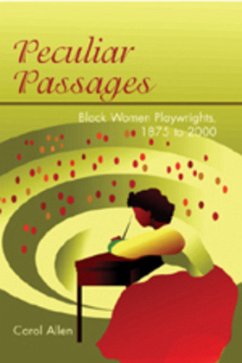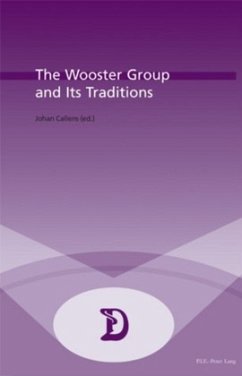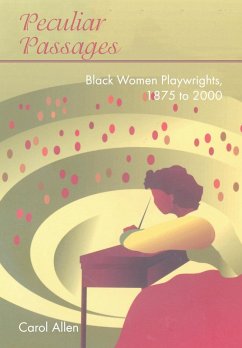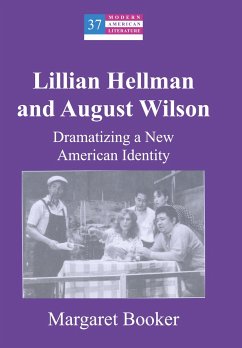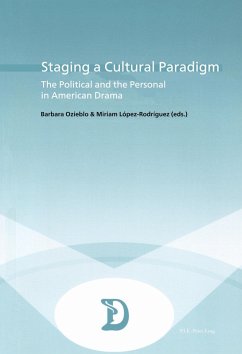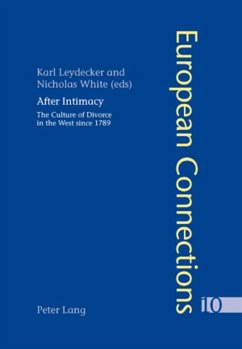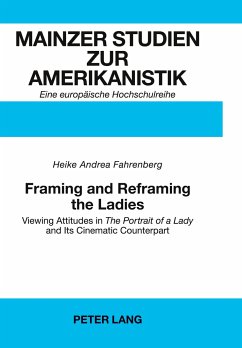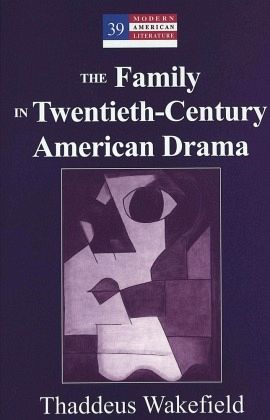
The Family in Twentieth-Century American Drama
Versandkostenfrei!
Versandfertig in 6-10 Tagen
76,00 €
inkl. MwSt.

PAYBACK Punkte
0 °P sammeln!
The central subject of American drama is, arguably, the American family. From Royall Tyler's colonial comedy The Contrast (1787) to August Wilson's King Hedley II (2000), relationships between husbands, wives, and their children have been used consistently by American playwrights to explore and illuminate the American experience. This study of the family in twentieth-century American drama explores how filial relationships are affected by the capitalistic culture of consumption that permeates twentieth-century American society. By analyzing relationships within both traditional and nontraditio...
The central subject of American drama is, arguably, the American family. From Royall Tyler's colonial comedy The Contrast (1787) to August Wilson's King Hedley II (2000), relationships between husbands, wives, and their children have been used consistently by American playwrights to explore and illuminate the American experience. This study of the family in twentieth-century American drama explores how filial relationships are affected by the capitalistic culture of consumption that permeates twentieth-century American society. By analyzing relationships within both traditional and nontraditional families, this book examines how family members in American plays perceive themselves and others as «things» in American twentieth-century capitalistic society.




